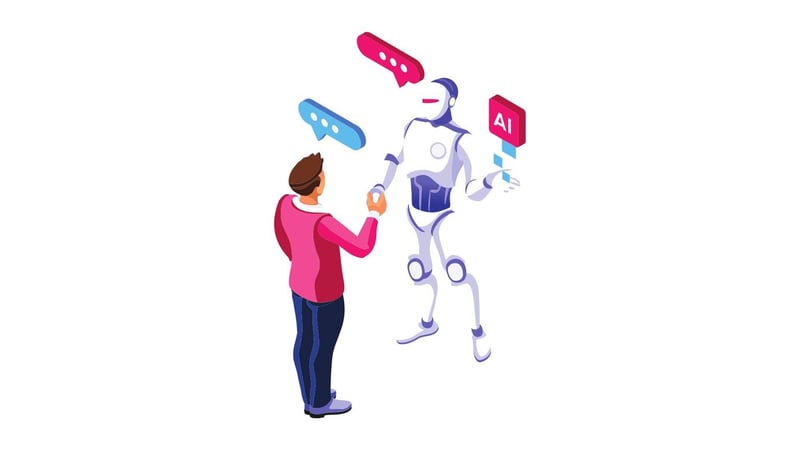Should I Outsource SEO and Creative Content Writing to ChatGPT?
 By
Michelle Wiles
·
2 minute read
By
Michelle Wiles
·
2 minute read
Type in a brief… and 10 seconds later, the article is written! That’s a promise of AI products like OpenAI’s ChatGPT.
However, the best source of great content may still prove to be the creative mind. Per Search Engine Journal:

1. Google is prepared to lower search rankings of AI-generated content
Researchers at Google and other orgs are working on algorithms to detect AI-generated content, and potentially lower its ranking in search.
From Google's developer page:
“Spammy automatically generated (or “auto-generated”) content is content that’s been generated programmatically without producing anything original or adding sufficient value”
2. ChatGPT and other OpenAI products may soon include 'watermarks' that make AI content identifiable
According to OpenAI' Scott Aaronson:
“My main project so far has been a tool for statistically watermarking the outputs of a text model like GPT...Basically, whenever GPT generates some long text, we want there to be an otherwise unnoticeable secret signal in its choices of words, which you can use to prove later that, yes, this came from GPT.
We want it to be much harder to take a GPT output and pass it off as if it came from a human.
This could be helpful for preventing academic plagiarism, obviously, but also, for example, mass generation of propaganda—you know, spamming every blog with seemingly on-topic comments supporting Russia’s invasion of Ukraine, without even a building full of trolls in Moscow.”
3. AI generated content won’t come up with new ideas.
AI AI can do some amazing things. But even the best AI models can only ever pattern-match against what has done well in the past.
As testers of creative content, we’re a bit biased here. But the most persuasive ads tend to not be rooted in formations of what worked in the past. They’re fresh, innovative stories, eye-catching concepts, and inspiring takes on brand marketing.
What does this mean for marketers and content creators?
ChatGPT is still an incredible tool, but potentially more suited to developing outlines and a content strategy. Leave the executions (final creative, persuasive content) to the human mind. Or, create both and test your ideas in Swayable. We will tell you which content is most persuasive.
Takeaways
- AI and ChatGPT hold immense promise for productivity, but, they may not make the most sense for creative content
- Google is planning to lower search preference for AI-generated content
- OpenAI is developing ‘watermarks’ to identify this content and prevent misuse
- AI pattern matches against what works in the past; it wont come up with fresh, persuasive creative
Interested in testing your creative (ChatGPT created or not)? Book your Swayable demo today.
